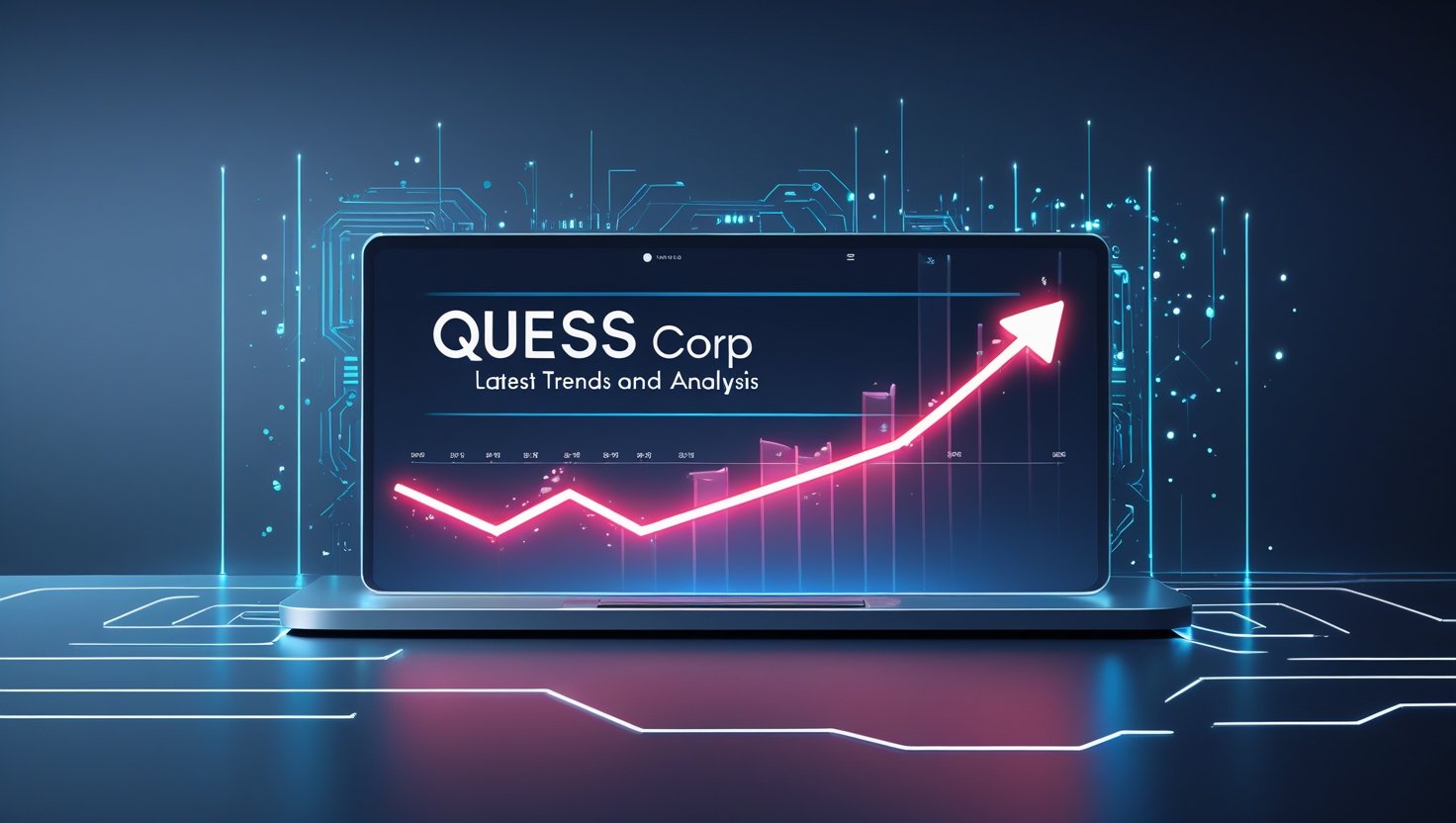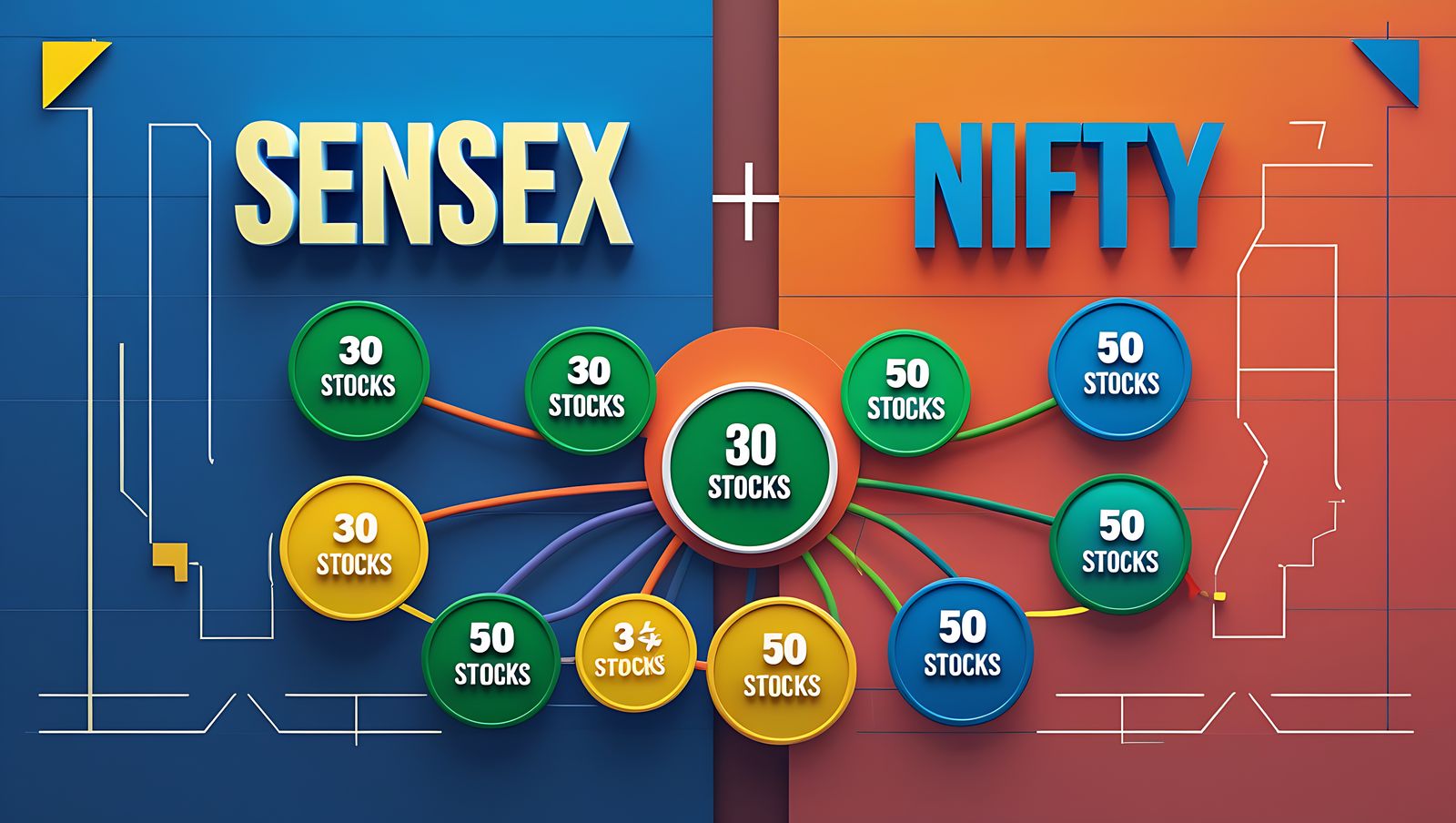Top 7 Global Economic Terms Every Beginner and Investor (macroeconomics for investors) Should Know
Whether you’re a budding investor, a curious learner, or simply someone attempting to decipher the news, having an understanding of the fundamentals of global economics can be a world of difference. Economic news is a foreign language. You hear about GDP, inflation, and fiscal policy, but not everyone is aware of what they actually are.
In this article, we’ll demystify 7 key global economic terms using simple, easy-to-understand language. By the end, you won’t just grasp these terms—you’ll also know how they affect your money, your investments, and the global economy as a whole.
Let’s simplify economics for starters, enrich economics for investors, and make economics practical for those who care about how the world works.

1. Gross Domestic Product (GDP)
What It Is:
Gross Domestic Product (GDP) is the sum of the value of all that is produced by the country within the specified time period, say a year or a quarter. It is the scoreboard of the economy of a nation.
Think of a massive calculator summing up all that a nation makes—cars, phones, coffee, services such as teaching or receiving a doctor. The total is GDP. Increasing GDP generally indicates a booming, thriving economy.
Why It Matters:
High GDP = more jobs, higher pay, more business opportunities.
Low GDP = potential recession, loss of a job, less spending.
For Investors:
Following the growth in GDP assists in anticipating how the markets will run. An increasing economy can mean that stock prices increase, yet a decreasing economy can result in dips.

2. Inflation
What It Means:
Inflation is how quickly the overall price for goods and services is rising over time. It lowers the purchasing power of money.
In simple words:
You purchased a loaf of bread for ₹50 last year, and now it costs ₹60. That’s inflation happening. Your money can buy less now.
Why It Matters:
Low inflation is natural and may be an indicator of an expanding economy.
High inflation erodes savings and impairs people’s capacity to spend on everyday basics. [Salary Inflation Calculator]
Deflation (declining prices) might sound pleasant but can damage enterprises and lead to economic slowdown.
For Investors:
Inflation influences interest rates, the purchasing power of money, and returns from stocks/bonds. Most investors hedge against inflation by investing in real assets such as gold or property.
3. Monetary Policy
What It Means:
Monetary policy is the way in which a country’s central bank (like the Reserve Bank Of India or U.S. Federal Reserve) controls the money supply and interest rate in order to stabilize an economy.
In simple words:
If the economy is sluggish, the central bank can lower interest rates to stimulate borrowing and spending. When it’s getting too hot with high inflation, they can hike rates to curb it.
Monetary Policy Tools:
Interest Rates: Decrease rates = lower-cost loans = increased spending.
Open Market Operations: Government bond buying or selling to manipulate money supply.
Why It Matters:
Effective monetary policy keeps inflation in check, stabilizes the currency, and encourages growth. Ineffective policy results in crises or uncontrolled inflation.
For Investors:
Interest rates have direct impacts on loans, mortgages, and business profits. Focusing on monetary policy predicts market movement.
4. Fiscal Policy
What It Means:
Fiscal policy is when a government collects money (from taxes) and spends it (on roads, healthcare, etc.) to make the economy bigger.
In simple words:
If the economy is slow, the government can spend more or reduce taxes to help stimulate. If it’s overheated, it can increase taxes or reduce spending to reduce the heat.
Types of Fiscal Policy:
Expansionary: Additional spending or reducing taxes to expand.
Contractionary: Reduced spending or increased taxation to curb inflation or debt.
Why It Matters:
Government budgets either accelerate economic growth or help decelerate it. Government budgets also say a lot about the country’s priorities—whether the nation invests more in defense, healthcare, or education.
For Investors:
Fiscal decisions affect sectors such as defence, healthcare, technology, and construction. When a government highly invests, for instance, in green power, it could positively affect correlated stocks.
5. Trade Balance (Imports and Exports)
What It Means:
A trade balance is the difference between what a country sells to others (exports) and what it buys from others (imports). A trade surplus means that exports are higher than imports; a trade deficit means that imports are higher.
In simple words:
When India sells more to the planet than it purchases, this is called a surplus. In the event that a nation buys more than it sells, this is called a shortage.
Why It Matters:
A trade surplus can enhance both the currency and the economy of a country.
A trade deficit is a thing that can weaken currency and increase debt, especially if a country borrows to pay for imports.
For Investors:
Trade influences the values of currencies, the global supply chain, and company profits—particularly for global corporations. A strong export sector often equals strong business performance.

6. Exchange Rates
What It Means:
Exchange rates are used to express the value of one currency in relation to another when traded. For instance, a rate of $1 = ₹83 tells us that 1 dollar can be exchanged for 83 Indian rupees.
In simple words:
An exchange rate refers to a price of money from one country in the money of another. It can be observed that the exchange rate changes every day, depending on demand, supply, inflation, interest rates, geopolitical events.
Why It Matters:
A strong Rupee makes imports cheaper. Indian exports are more expensive.
Rupee depreciation increases the cost of imports. However, it can be beneficial for Indian exports.
For Investor:
Tourists care because it affects travel expenses.
Importers and exporters are directly impacted.
Investors throughout the world pay close attention to exchange rates in the context of global investments.
7. Recession
What It Means:
A recession is an extended period of negative economic growth within the economy, which can last for months or even years. These periods are typically identified by a decrease in GDP, rising unemployment, and falling consumer spending.
In simple words:
A recession is like a financial winter: business slows down, people get laid off, and everyone spends less.
Why It Happens:
High inflation
Rising interest rates
Asset bubbles bursting (like housing or tech)
Global crises (like pandemics or wars)
Why It Matters:
Recessions cause pain to everyone—employees, businesses, investors, and governments. They are, however, a natural part of the economic cycle and are usually followed by recoveries.
For Investors:
Despite short-term losses, recessions also present an opportunity to buy for long-term investors. Were it not for recessions, several great companies would likely never have been born. And many other great companies would never have been presented with the opportunity to
Bonus: How These Terms Are Used in Everyday Life
If a country experiences high inflation. It can be reduced by the central bank tightening money policy by increasing interest rates. This makes it pricier to borrow, lowering spending and investment. GDP growth is thus reduced. If this is maintained over time, the country may be in a recession.
To prevent that, the government can step in with fiscal policy, increasing spending or cutting taxes. But if the country also has a trade deficit, it will need to borrow more cash, which can weaken its exchange rate, making imports more costly and prices rise again.
You can begin to see how all those words fit together—like pieces of a puzzle.
How to Stay Updated on Global Economic Trends
Now that you’ve got the basics down, here’s how you can keep learning:
Read good economic news sources like The Economist, Bloomberg, or Financial Times.
Read your country’s central bank or ministry of finance reports.
Join online finance and economics forums—like Reddit’s r/Economics or forums like Investopedia.
Mess around with real data—track inflation, interest rates, and GDP in your country and see how they move.
Let’s summarize the 7 essential global economic words:
Gross Domestic Product (GDP)—The overall score of the economy.
Inflation—The rate at which prices are increasing.
Monetary Policy—Central banks managing money and rates.
Fiscal Policy—Government spending and taxing ability.
Trade Balance—What the country buys compared to what it sells on the international scene.
Exchange Rates—The value of your money in the world.
Recession—When the economy experiences a sharp decline.
Equipped with these, you’re already better than the majority of folks.
One Final Tip:
Each time you hear one of these words on the news, stop and ask yourself:
What does it mean?
Why is this occurring?
How might it impact me or my investments?
That’s how you go from reading the news to comprehending it—and eventually, making wiser choices in life and money.
Let me know if you want this.












